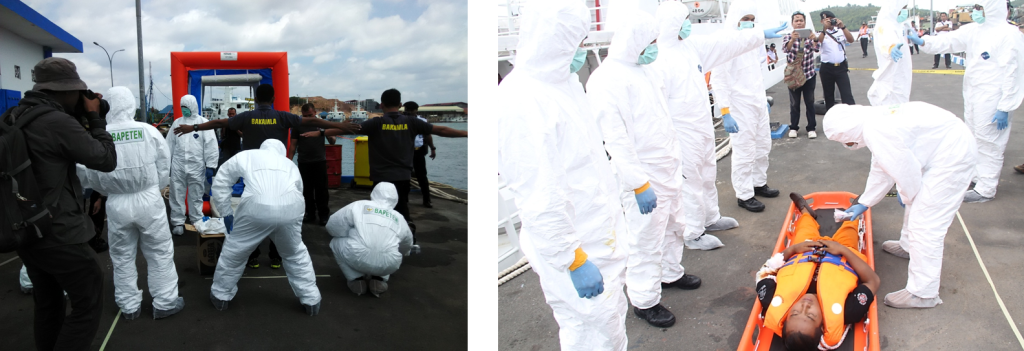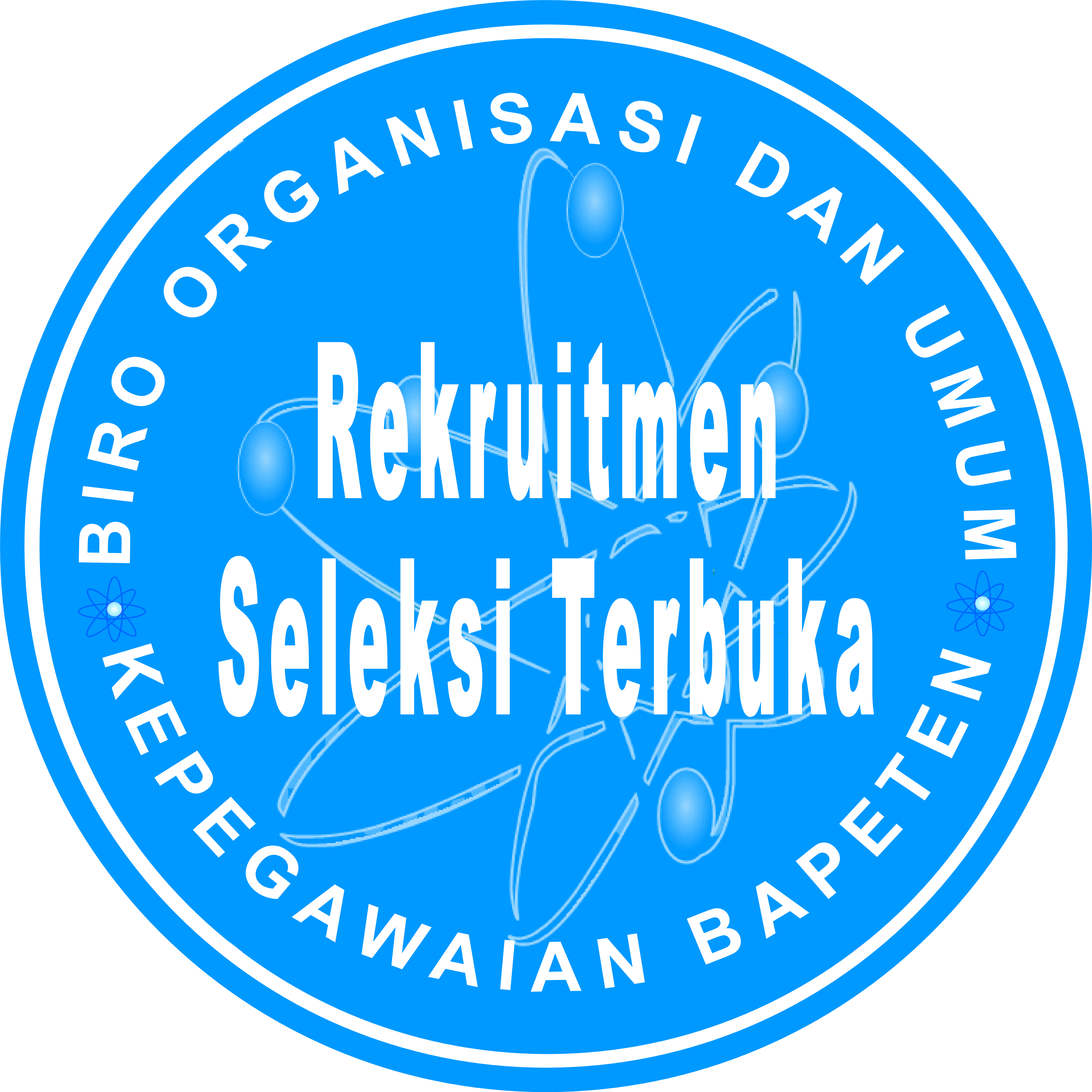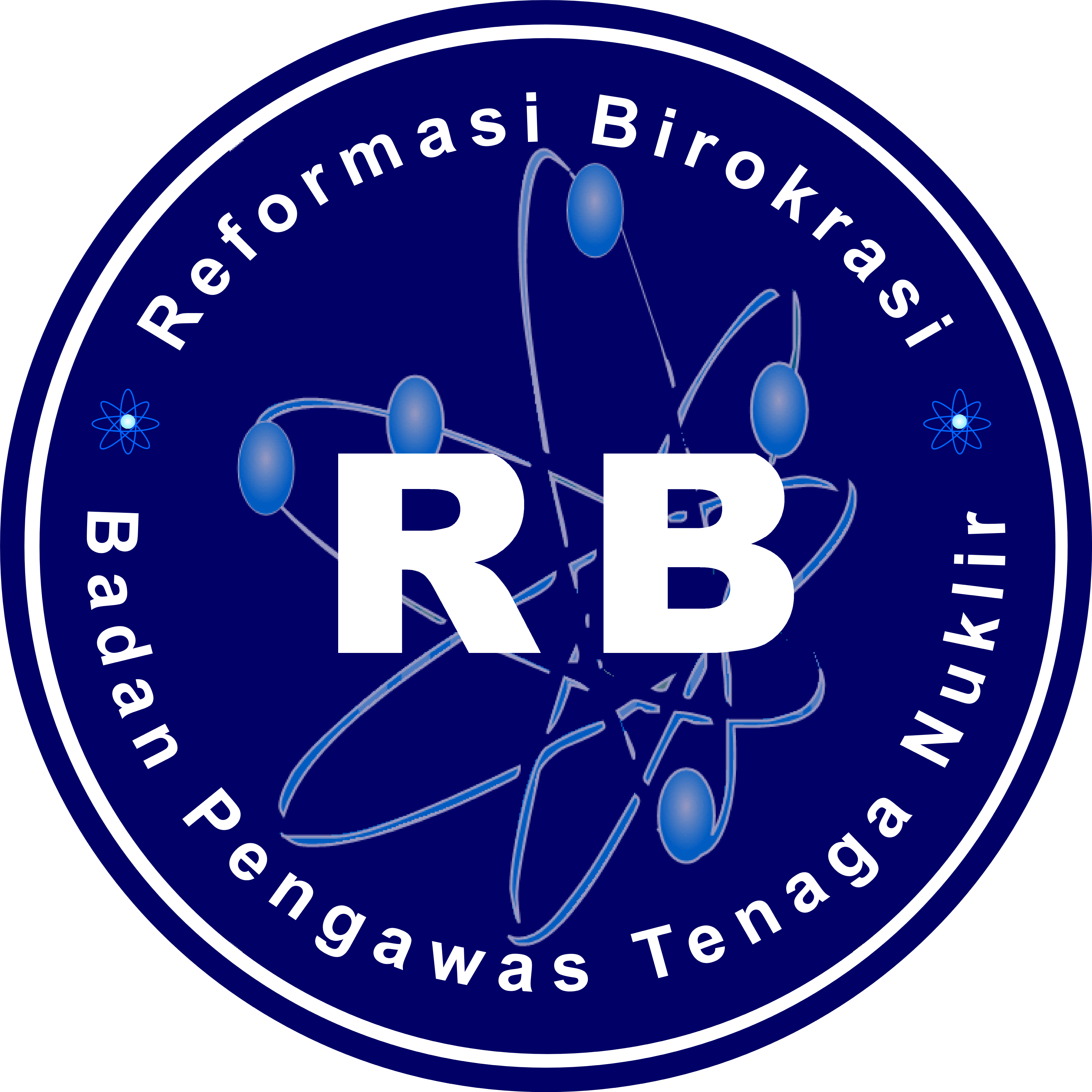The objectives of I-CoNSEP are:
- supporting and facilitating the development of sustainable human resources through the provision of a National Nuclear Security and Emergency Preparedness Training Programme;
- providing Support Services for lifecycle equipment management, the prevention, detection of, and response to nuclear security and emergency events;
- fostering nuclear safety culture and nuclear security culture;
- enhancing the national coordination and collaboration among the various competent authorities involved in the nuclear security matters and emergency preparedness and response; as well as supporting the development of a nuclear security and emergency preparedness network of experts;
- becoming a centre for capacity building for Nuclear Security and Emergency Preparedness in the regional and international levels;
- supporting regional and international information and experience sharing and co-operation in the fields of nuclear security and emergency preparedness; and
- enhancing the national policy and diplomacy related to nuclear security.
This network can facilitate the exchange of information and experience among its members and provide access to relevant knowledge and tools to the nuclear security and emergency preparedness competent authorities in Indonesia.
Legal Framework of I-CoNSEP
In order to achieve sustainable nuclear safety, nuclear security, which covered emergency preparedness aspect, Indonesia has made a national commitment to adhere to international treaties and conventions, such as:
- Nuclear Non-Proliferation Treaty (NPT), ratified with Act No 8/1978;
- Convention on the Physical Protection of Nuclear Material, ratified with President Regulation (PR) No. 49/1986;
- Amendment to the Convention on the Physical Protection of Nuclear Material, ratified with PR No. 46/2009;
- Convention on Early Notification of a Nuclear Accident, ratified with PR No. 81/1993;
- Convention on Assistance in the Case of a Nuclear Accident or Radiological Emergency, ratified with PR No. 82/1993;
- The Southeast Asia Nuclear Weapon Free Zone Treaty (SEANWFZ), ratified with PR No. 9/1997;
- Convention on Nuclear Safety, ratified with PR 106/2001; and
- Comprehensive Nuclear Test Ban Treaty (CTBT), ratified with Act No. 01/2012.
Besides all international treaty and conventions mentioned above, Indonesia has establish sets of regulation to ensure that nuclear safety, as well as nuclear security and emergency preparedness are in place during the operation of nuclear installation. The legal framework consists of:
- Government Regulation No. 54 year 2012 on Safety and Security of Nuclear Installations;
- Government Regulation No. 2 year 2014 on Licensing of Nuclear Installatons and Use of Nuclear Materials;
- Government Regulation No. 26 year 2002 on Transportation of Radioctive Sources;
- BAPETEN Chairman Regulation (BCR) No. 1 year 2009 on Provision of Physical Protection System of Nuclear Installations and Materials;
- BCR No. 1 year 2010 on Nuclear Emergency Preparedness;
- BCR No. 1 year 2015 on Procedure of BAPETEN Emergency Response; and
- BCR No. 6 year 2015 on Security of Radioactive Sources.
















